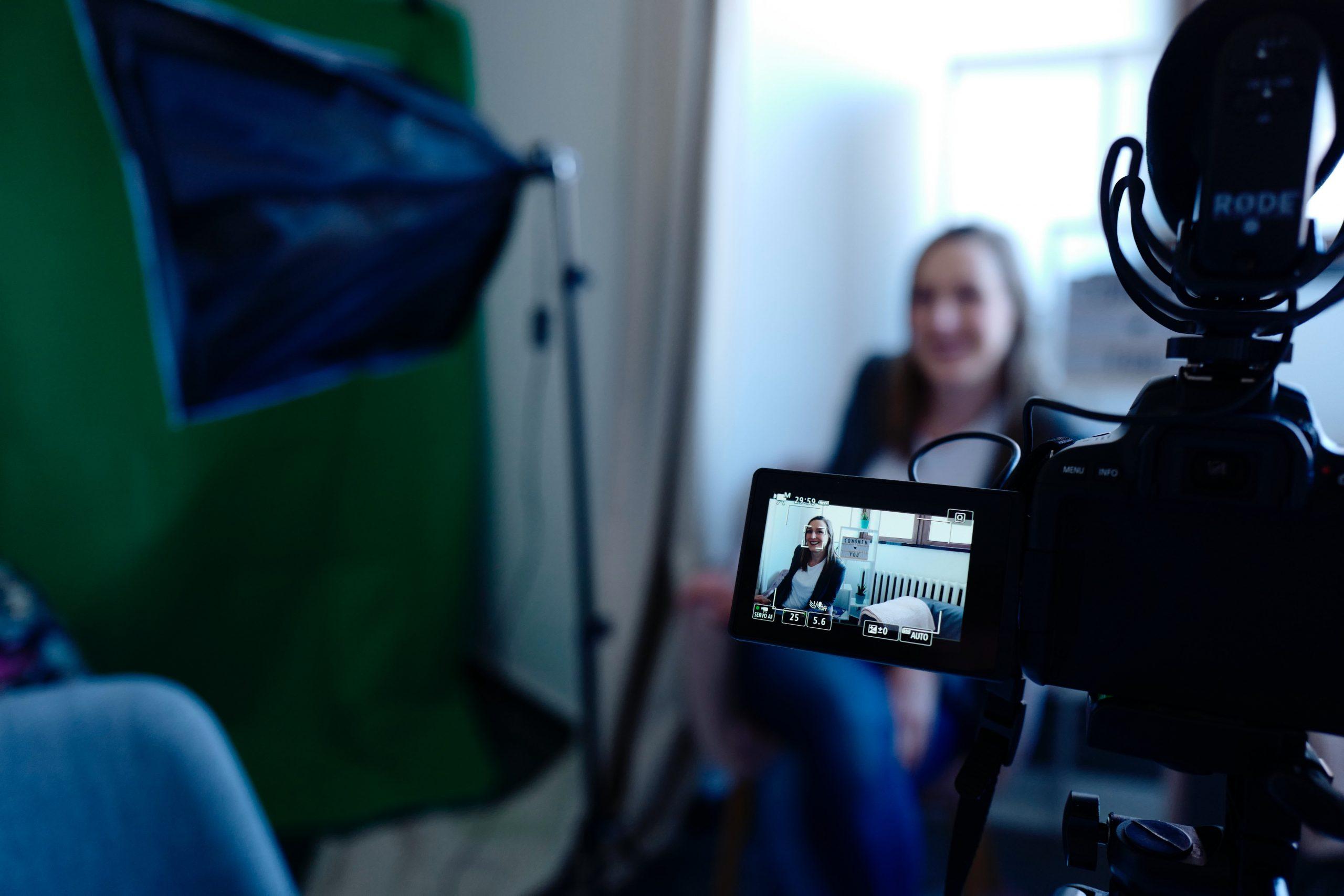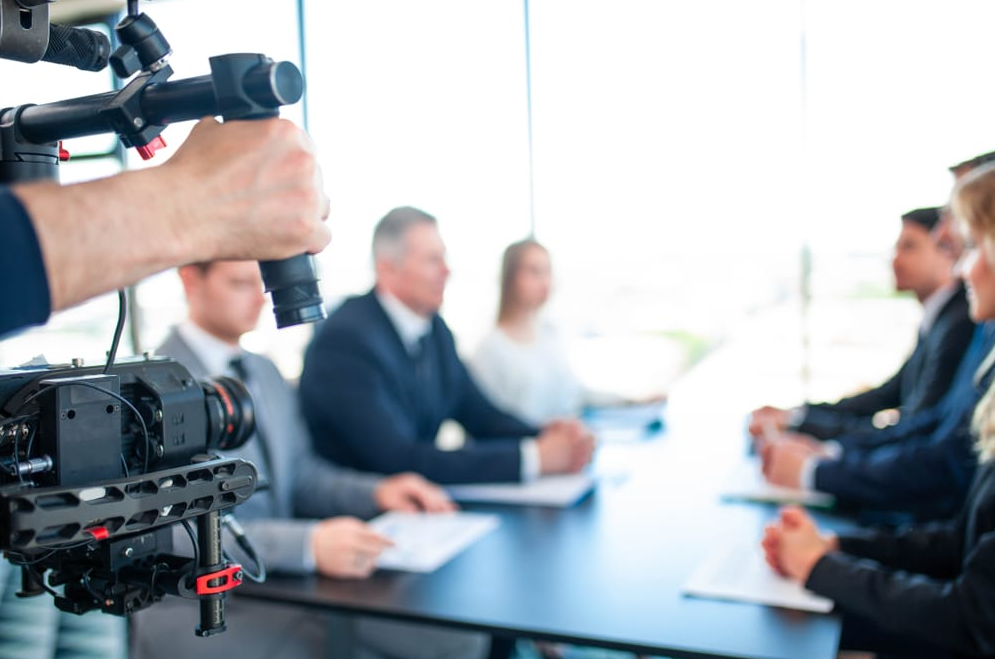High-Resolution Legal Videography for Essential Evidence Recording.
High-Resolution Legal Videography for Essential Evidence Recording.
Blog Article
The Duty of Lawful Videography in Depositions and Tests
Legal videography has actually arised as an important tool in both depositions and trials, offering a diverse strategy to documenting witness statements. As legal experts significantly acknowledge its worth, it prompts a deeper evaluation of just how these visual records can affect juror assumptions and trial results.

Significance of Legal Videography
Lawful videography plays an essential duty in the documentation and discussion of depositions and tests. This specialized area integrates technological abilities with legal expertise to develop a dependable document of proceedings that can considerably affect case outcomes. The aesthetic facet of lawful videography improves the understanding of witness testament, enabling jurors and judges to observe not just the talked words yet additionally the demeanor, feelings, and body language of the witnesses.
On top of that, lawful videography provides an objective account of occasions, reducing the potential for misconception that can take place with created records alone. This visual documents acts as an important tool during test discussions, promoting a more clear and more convincing story for both plaintiffs and offenders. The ability to replay video segments throughout court process enables legal teams to highlight vital factors, reinforcing their debates effectively.
The significance of legal videography prolongs beyond the court room; it also plays an essential duty in protecting evidence for future recommendation, whether for charms or further lawsuit. Its combination into the legal process is vital for guaranteeing a reasonable and precise representation of the truths, inevitably adding to the pursuit of justice.

Refine of Legal Videography
While catching the subtleties of depositions and trials, the procedure of legal videography entails a number of vital actions that make certain premium, precise recordings. Initially, an expert legal videographer prepares by examining the situation products and understanding the certain needs of the deposition or test. This prep work consists of acquainting themselves with the individuals and the context, which assists in recording pertinent details.
On the day of the recording, the videographer sets up the essential equipment, which commonly consists of high-def cameras, microphones, and appropriate lighting. Ensuring optimal angles and sound top quality is critical, as it directly impacts the performance of the recording. The videographer communicates with attorneys and participants to develop procedures, guaranteeing that every person understands the recording process.
Throughout the deposition or trial, the videographer carefully tapes the proceedings, paying very close attention to both spoken and non-verbal cues. This includes recording the disposition and responses of witnesses and attorneys. After the session ends, the videographer might edit the video footage for clearness and compliance with legal standards, generating an end product that accurately reflects the process for future reference and use in legal contexts.
Benefits in Depositions
The unification of videography in depositions offers various advantages that boost the total procedure of gathering proof. One primary benefit is the capacity to record witness testaments with visual and auditory fidelity, giving an extra exact representation of the witness's behavior, tone, and body language. This multidimensional strategy allows lawyers and juries to examine trustworthiness better than traditional written records alone.
In addition, videographed depositions function as a powerful device for protecting testimony. Needs to a witness become inaccessible for test, their tape-recorded deposition can be played in court, ensuring that their proof stays accessible and pertinent. This element considerably lowers the danger of shedding essential information that can impact instance outcomes.

Finally, videography improves the general professionalism of the deposition procedure, instilling self-confidence in customers concerning the thoroughness of their lawful representation (legal videography). By leveraging modern technology, attorneys can substantially improve the effectiveness of depositions
Effect on Trials
In numerous trials, the combination of videography can dramatically affect the discussion of evidence and the court's perception. Legal videography captures witness testaments and vital evidence in a dynamic style, allowing jurors to engage with the product on numerous degrees. This visual element boosts the storytelling aspect of a test, supplying context and emotional vibration that traditional text-based evidence may lack.
Moreover, video clip recordings can function as effective tools for impeachment during cross-examination. When disparities arise in between a witness's prior declarations and their courtroom statement, video proof supplies an unbiased referral that can guide jurors' opinions. This immediacy and clearness can reinforce the reputation of an event's story while concurrently undermining opposing arguments.

Future Trends in Legal Videography
As we look toward the future of lawful videography, several arising trends assure to reshape its duty within the court. One substantial pattern is the combination of synthetic intelligence (AI) in video analysis and editing. AI can simplify the process of determining essential moments in tape-recorded depositions, permitting attorneys to rapidly access pertinent web content, thereby improving efficiency in situation preparation.
Additionally, the surge of virtual truth (VIRTUAL REALITY) and increased truth (AR) innovations is anticipated to change exactly how jurors experience evidence. legal videography. By website here submersing jurors in a simulated environment, these innovations can provide a more extensive understanding of complicated circumstances, bring about even more enlightened considerations
Additionally, the raising demand for remote depositions, sped up by the COVID-19 pandemic, will likely proceed. Legal videographers will certainly require to useful link adapt to new software program and systems to ensure premium recordings in virtual settings.
Finally, the growing emphasis on information safety will demand stricter methods for storing and sharing video clip evidence. As the lawful landscape develops, legal videographers must remain abreast of these trends to keep their importance and efficiency in the judicial procedure.
Conclusion
In summary, lawful videography offers an important function in the judicial process, improving the honesty of depositions and trials. As innovation proceeds to develop, legal videography is positioned to more change its function within the lawful landscape.
Report this page